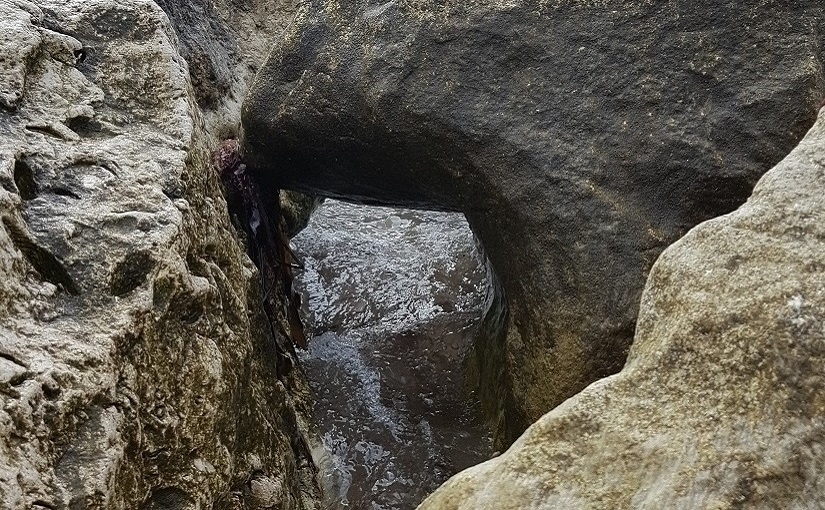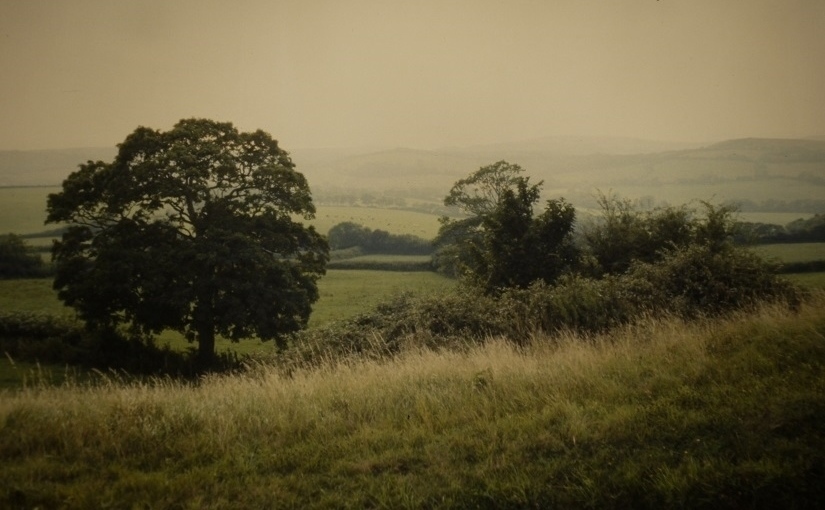With podcasts, the thing I tend to love most is the articulation of the human spirit overcoming adversity or developing greater capacity.
In Podcasts as conversation I spoke about the value of giving voice to the personal journey and expressing our humanity; about the lessons we learn in life and ways we can share that with others, maybe empowering them to do likewise or at least to avoid certain pitfalls.
Which, in a way, becomes this living metaphor for what it is to be human: flawed or imperfect individuals seeking to move beyond limitations, discover capabilities, and become all they feel they can become; a sense that we all have something to learn or move past, as well as a dream or hope for what we might attain or contribute through life.
Podcasts I’ve been listening to lately (Rich Roll, Tim Ferriss, Finding Mastery) fall within this idea of the ‘spirit of reinvention’: learning from those who might have “messed up” or “failed” and put in the hard work to get things back, or those who faced up to difficult situations or obstacles to create uncommon strength or insight; the idea of giving people another shot or bearing with the time it might take to turn things around.
That picture of growth and change seems so human, whether we encounter it through conversation or in literature (see Notes One). In the past, our journeys may have been of exploration or discovery, but now there seems this common thread of people overcoming themselves and finding inner courage they didn’t know they had.
Of course there are still battles to be fought and progress to be made externally, but this sense of conquering ourselves is an interesting one as well. It could be that each of us must come to terms with our own issues in life and find ways beyond them, mustering the strength and conviction to move on in the best direction we can.
And, while each of those journeys must necessarily be extremely personal, these podcasts offer some common and transferable threads: ways of approaching our struggles, understanding others, moving through uncertainty to learning, and looking differently at “failure”. Rather than offering a ‘one size fits all’ solution, such conversations offer up a wealth of experience, encouragement, and faith in the human spirit.
In life, I’m not sure we can ever accept the solutions of others: each situation seems personal, complex and unique; so each particular path in life would surely be similarly so (Notes Two). It may be that we head in a similar direction, but the lessons we learn will likely be slightly different and we’ll all have our story to tell as a result.
So, it seems the most we can really offer one another is our experiences and what we’ve learnt from them; leaving others to draw what they can and what they need to help them in their own lives. And, within the diversity of modern culture, these voices seem to help with that.
Notes and References:
Note 1: Spiritually committed literature
Note 1: Learning to be human
Note 2: Does truth speak for itself?
Note 2: Need to stand alone & think for ourselves
Note 2: People wanting change










